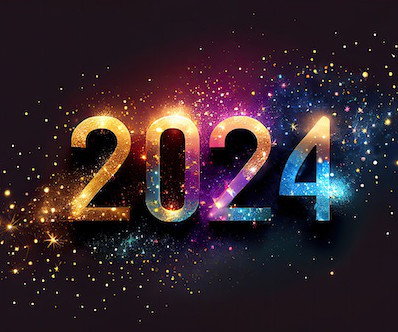64 predictions about edtech trends in 2024
eSchool News
JANUARY 1, 2024
As we wave farewell to 2023 , we’re looking ahead to edtech trends in 2024 with optimism for education as a whole. Moving away from the pandemic, educators still grapple with learning loss and academic disparities and inequities. What are the projections for edtech? This begs the question: What’s next for education?















Let's personalize your content